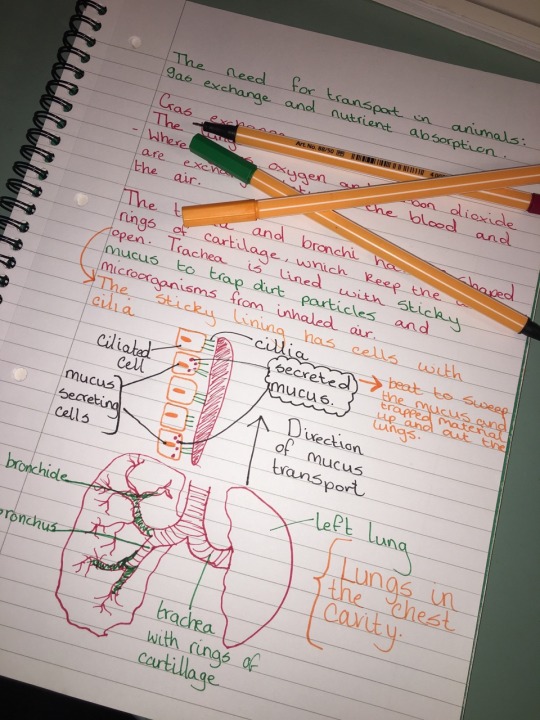Photo


Having a productive Saturday whilst my friends are probably out partying… currently revising the importance of gas exchange! I tried hard with my diagrams, please try to ignore the noticeably smaller left lung 🙄 📖 @studydiaryofamedstudent @studyign @studypetals @studyandtea @study-well @studyw @studywithinspo @studywithcarina @studywithcat @studywithmaggie @science-junkie @biology-is-lifeee @studybuzz @studybox @studybuddyx @studyblob @studybutton @studywith @studywithsavannah @studywithseoul @studywithsheila @studywithbun @studywithbambi
#studyspiration#study notes#study motivation#studyblr#bio rp#biology#studybuzz#studybreak#politics#poetry#portrait#prose#polyvore#art#quotes#quoteoftheday#queer#queue#queen#animals#black and white#architecture#advertising#food#fashion#film#football#gif#girl
1 note
·
View note
Photo
Clever.

My worst fear on a test? The feeling of getting an exam paper in front of me, and not being able to remember anything, while back at home when reading the book I thought I knew everything. Sounds familiar? In that case, it may help to try these techniques. They help you practice retrieving information, rather than being familiar with the concepts you are studying. These have helped me loads, and I’m actually pretty convinced that these techniques are better than many others I used to apply, like rereading and regular summarizing. Hopefully they work for others as well :)
1. Summarise… in questions.
How do you do it? Instead of writing down facts, you convert facts to questions. Underneath the these, you answer them in your own words. This is technically the baby of summaries and flashcards. Don’t do this with every small fact, but rather convert several to one question, and omit the less important things always. You’re not going to remember every detail and most teachers don’t require you to (of course if they do, study them lol) .
Why would you do it? It is proven that asking yourself questions about the material enhances understanding and remembrance. Additionally, you can instantly quiz yourself on the material. Only reading your summary is not going to help you much with remembering, but actively retrieving information is! Also, when you’re reading and summarising the textbook throughout the semester, you’re already getting your study material for the test ready => less stress and work for when you gotta study.
2. Teach your peer / pet / pillow
How do you do it? Explain key concepts (many books provide these at the beginning or end of the chapter) to anyone who wants to listen. Don’t have anyone who wants to? Your cat probably won’t mind (but who knows what cats want tbh) and your reflection is always listening to you as well.
Why would you do it? Explaining things to other people requires you to really understand what you are talking about, and you will more quickly find holes in your knowledge once you’re not able to explain it. Additionally, you’re probably gonna have to explain stuff on tests so it’s good practice.
3. Re-do your homework
How do you do it? Pretty obvious. Well, don’t write every answer down in detail again! For maths it may be useful to only tackle the most important exercises again, while for history you may want to spend an hour to just go over them all and test in your head if you can form a sensible answer.
Why would you do it? Going over the homework is always a good idea because 1) the theory is practically applied in those questions, so you have to think about what you have learned, enhancing integration, and 2) teachers are lazy and will often reuse or slightly modify textbook questions.
#study notes#studyspiration#studyblr#studyspo#study motivation#students#workhard#motivation#inspiration#model#clever#text#help#helpful#strategies & tips#tips#tera tips#writing tips#weight loss tips#fitspo#fitness#health & fitness#fitspiration#fitblr
5K notes
·
View notes